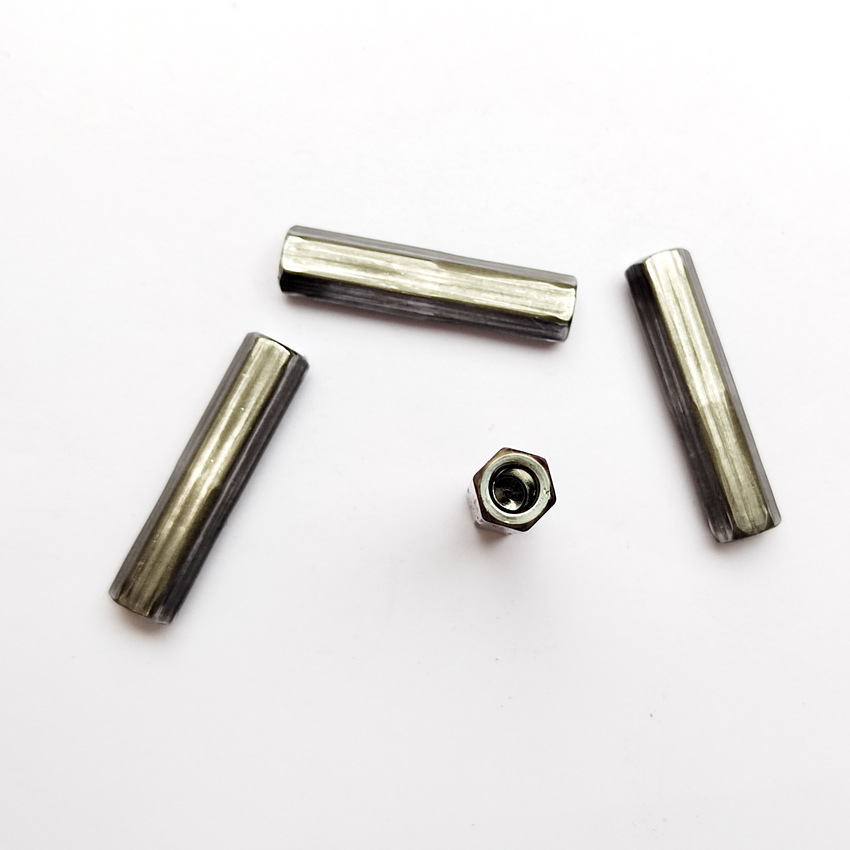Brief Introduction of PIR Sensor
08/24/2024 I think passive infrared sensor It will definitely become a leader in the industry and look forward to the high-end products. https://www.sunlit-tech.com
PIR sensor (Passive Infrared Sensor) is a passive infrared sensor. It is widely used in consumer products such as doorbells, cat eyes, induction switches, night lights, and security because of its low power consumption, low price, and simple use.
(1) PIR detection principle
PIR also has another alias, which is pyroelectric infrared sensor. Its detection principle is the pyroelectric effect, that is, the phenomenon that a substance will generate electric charge when the temperature changes. The normal human body temperature is 36-37 degrees, and the infrared radiation released is about 9-10um. The detection wavelength range of pir motion detector is generally in the range of 5-14um. That is, within the detection range of PIR, if there is an energy change of 5-14um wavelength, the PIR sensor will generate a current change, thereby giving a trigger signal. It should be noted here that PIR detects energy changes, not infrared radiation of a fixed wavelength. If an object with a fixed wavelength is not moving, PIR will not detect it.
(2) Advantages of PIR
Low power consumption, typical power consumption is about 10uA
Low price, ranging from one or two yuan to five or six yuan
Easy to use, the simplest one only needs to detect a pin level signal
(3) PIR classification
There are many types of PIR motion detector, which can be roughly divided into the following ways:
Enablement controllable: switchable PIR
Output signal type: digital PIR and analog PIR
Is the sensitivity adjustable: adjustable PIR and non-adjustable PIR
Sensitivity adjustment method: hardware adjustment and software programming adjustment PIR
(4) PIR selection
When selecting a PIR sensor, we generally need to consider the following basic requirements: voltage range, operating current, number of pins required, data output format, whether the sensitivity is adjustable, structural package size, and compatibility with the Fresnel lens. Another important consideration is cost. Without considering cost, it doesn¨t matter whether you choose a model or not. Just choose the best one. In actual product development, especially for consumer products, prices are very sensitive. Basically, all bosses want to use the cheapest device and debug it to achieve the best effect, especially for products with large shipments. If you don¨t have high requirements for product quality, it doesn¨t matter. If you have strict requirements for product quality and performance, you need to be very careful when selecting a model to avoid replacing the device when you find that it does not meet the requirements in the later stages of the project.